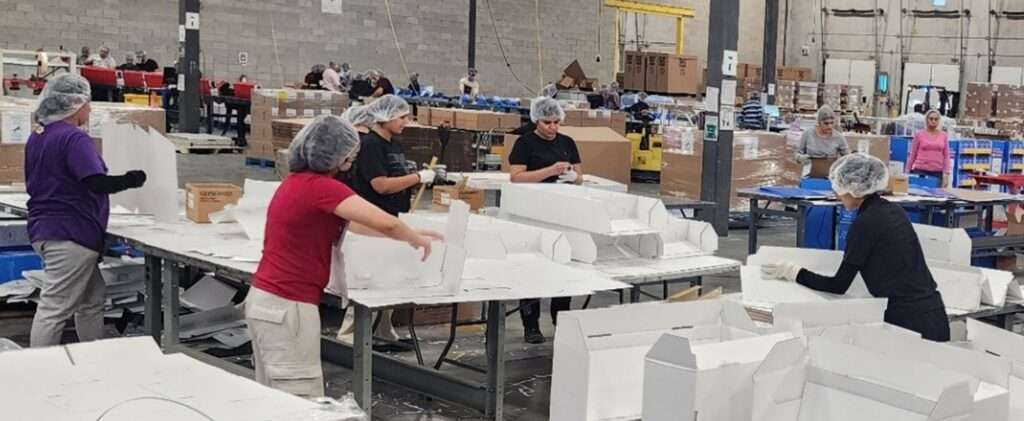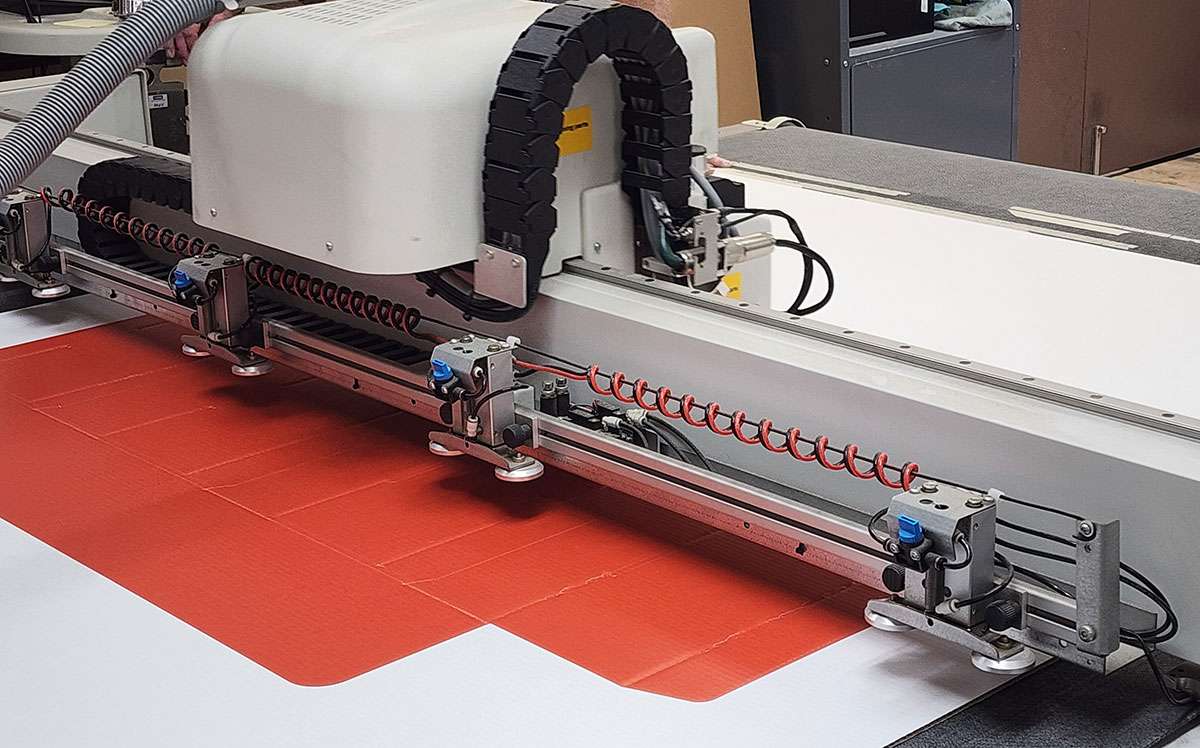
How Supply Chain Disruptions Impact Brands—And What You Can Do About It
Global supply chain delays and material availability are becoming issues for brands, specifically to inventory stock POP (Point-Of-Purchase) and packaging materials to meet retailer demands. Supply-chain disruption costs companies an average of 6-10% of yearly revenues, according to the Economist Intelligence Unit’s study Business Costs of Supply-chain Disruption. Ongoing access to required packaging materials—i.e., corrugate, shrink wrap, and labels—is of highest importance in being competitive.

The Cost of Packaging Supply Chain Disruptions
When supply chains are disrupted, the effects cascade far beyond missed shipments. Effects include:
- Lost Revenue: Stockouts equate to missed sales opportunities, and customers may defect to the competition.
- Retailer Frustration: Consistently not delivering demand damages major retail partner relationships.
- Brand Reputation: Consumers anticipate reliability; empty shelves can erode confidence and customer loyalty over the long term.
As pressure mounts on brands to ship on time, a robust supply chain strategy is no longer a choice—it’s a necessity. So, how can brands overcome these challenges and ensure seamless retail execution?
Strategies for a Resilient Supply Chain

To mitigate against these risks, brands need a strategic supply chain management. Some of the key solutions are:
1. Local Production to Reduce Foreign Suppliers’ Dependence
Foreign supply chains are vulnerable to shipping delays, port congestion, and geopolitics. Hughes Decorr offers local manufacturing alternatives, with a more reliable supply of materials and quicker turnaround times.

2. Flexible Production Scheduling to Accommodate Variations in Demand
Stockouts and overproduction both create inefficiencies. Hughes Decorr’s flexible production schedule allows brands to scale up or down based on demand, reducing waste and ensuring steady supply of products.

3. Strong Vendor Relationships for Material Availability
Brands must have a constant supply of raw materials so that POP displays and packaging are in convenient availability. Hughes Decorr has reliable suppliers so that brands can always be assured of having the materials they need, minimizing supply chain interruption.

4. Effective Logistics for Timely Delivery
Responsive distribution networks are key in preventing delays. Hughes Decorr’s logistics facilities ensure timely delivery, minimizing retail-level disruption and keeping store shelves full.

5. Vertically Integrated Supply Chain to Save Costs
As part of the Planet Group of companies, Hughes Decorr benefits from a vertically integrated supply chain, leveraging a highly efficient network for manufacturing, distribution, and fulfillment. This integration allows Hughes Decorr to consistently deliver efficiency, reliability, and cost-effectiveness.
Conclusion
In today’s unpredictable supply chain landscape, brands must be proactive in securing reliable manufacturing and distribution solutions. Local production, flexible scheduling, and strong vendor partnerships can make the difference between meeting retailer demands and losing market share.


Want to strengthen your supply chain and keep your products retail ready?
Connect with us and learn how Hughes Decorr can help you navigate supply chain disruptions and maintain seamless operations.













